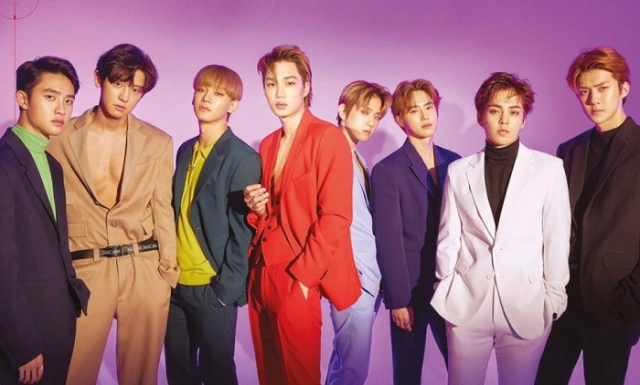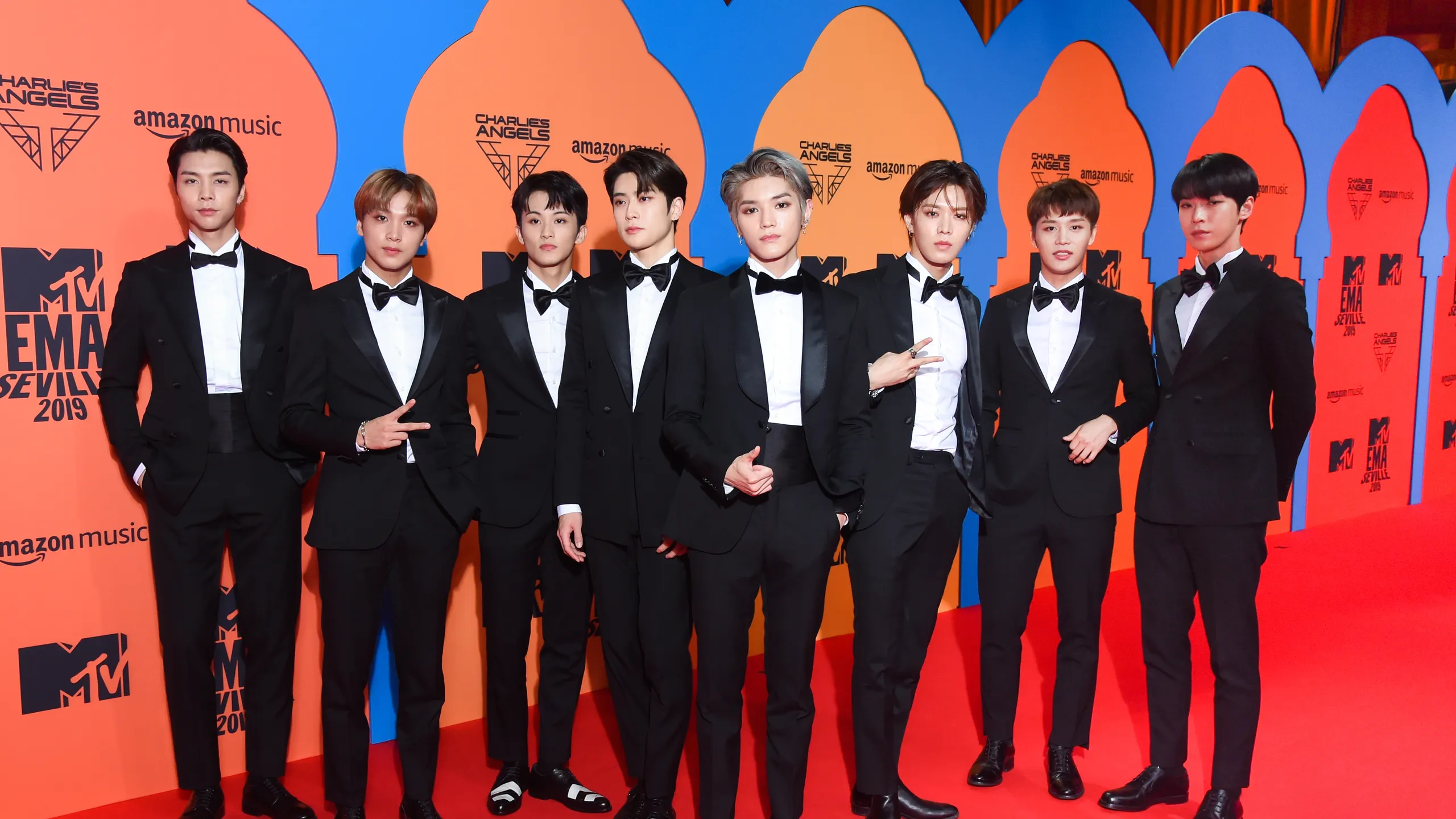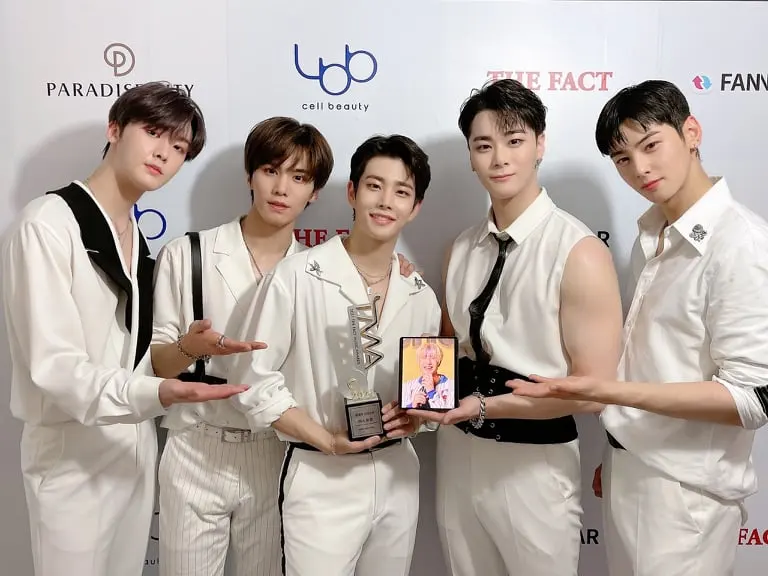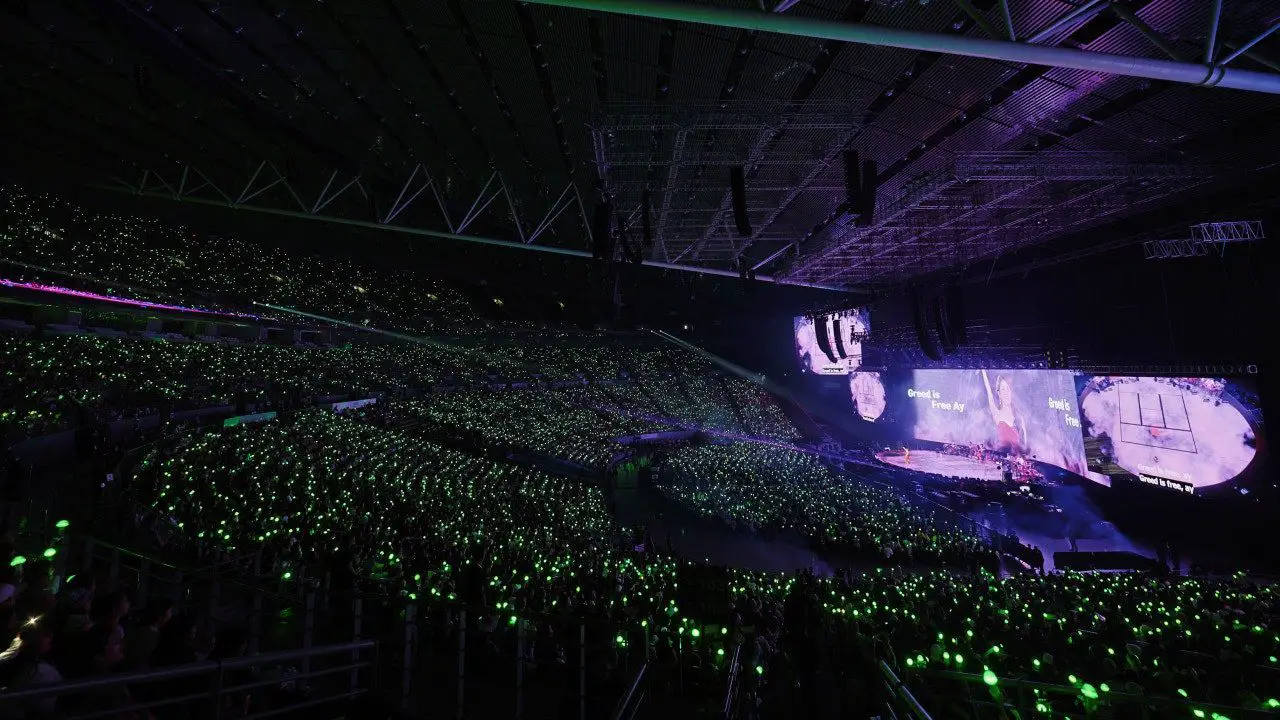The Top 25 K-Pop Groups of All Time
K-pop, short for Korean pop music, has become a global phenomenon, captivating audiences with its infectious beats, impressive choreography, and charismatic performers. Over the years, numerous groups have emerged as icons within the industry, setting trends and breaking records.
Here’s a look at the top 25 K-pop groups of all time, whose influence and success have made them legendary:
1. Seo Taiji & Boys
o As pioneers of K-Pop, they shaped the genre. Their hit “Come Back Home” marked a turning point in Korean music.
2. H.O.T.
o Formed by SM Entertainment, H.O.T. (High-five Of Teenagers) revolutionized K-pop during their active years from 1996 to 2001. The group consisted of members Moon Hee Joon, Jang Woo Hyuk, Tony An, Kangta, and Lee Jae Won1Known as the Kings of K-Pop, H.O.T. dominated the ’90s. Their impact on the industry remains legendary.
3. S.E.S.
o S.E.S. (Sea, Eugene, Shoo) was the first K-pop girl group. Their debut album sold 650,000 copies, making it the best-selling album by a female group in South Korea. S.E.S. produced hit albums until 2002 and briefly reunited for their 20th anniversary in 2016.
4. Baby V.O.X.
o Another early K-pop girl group, Baby V.O.X., debuted in 1997. They transitioned from a sexier style inspired by the Spice Girls to a more cutesy style like S.E.S. Their success spanned seven albums before disbanding in 2006.
5. g.o.d.
o The Godfathers of K-Pop, g.o.d. blended pop and R&B, influencing future generations of artists.

6. BTS
o Undoubtedly the biggest K-pop group worldwide, BTS has shattered numerous records, including topping the Billboard charts multiple times. Known for their socially conscious lyrics and powerful performances, BTS has a massive global fanbase known as ARMY.
7. BIGBANG
o Pioneers of modern K-pop, BIGBANG revolutionized the industry with their unique blend of hip-hop and pop. Each member has also achieved solo success, further cementing their influence.
8. Girls’ Generation
o Often referred to as SNSD, Girls’ Generation is one of the best-selling girl groups in K-pop history. They are known for their catchy songs, flawless performances, and strong visual appeal.
9. BLACKPINK
o With their powerful stage presence and stylish concepts, BLACKPINK has taken the world by storm. They hold several records for YouTube views and have collaborated with international artists like Lady Gaga and Selena Gomez.
10. EXO
o Formed by SM Entertainment, EXO has made a significant impact with their blend of catchy tunes and intricate choreography. Their strong vocal line and visually stunning music videos have garnered them a large international following.

11. TWICE
o Known for their addictive melodies and adorable yet powerful performances, TWICE has become one of the top girl groups in K-pop. They have a massive fanbase both in Korea and internationally.
12. Super Junior
o Known for their large group size and diverse talents, Super Junior has been a force in K-pop since their debut. They have experimented with various music styles, from pop to Latin influences.
13. SHINee
o Renowned for their innovative music and exceptional dance skills, SHINee has consistently pushed boundaries in K-pop. They are also credited with popularizing the “concept idol” model.
14. TVXQ! (DBSK)
o Originally a five-member group, TVXQ! (known as DBSK in Korea) is legendary for their strong vocals and intricate harmonies. They paved the way for K-pop acts to enter the Japanese market successfully.
15. 2NE1
o Known for their fierce and bold style, 2NE1 made waves with their empowering anthems and unique fashion sense. They were instrumental in bringing K-pop to a global audience.

16. GOT7
o With their diverse talents in singing, dancing, and songwriting, GOT7 has gained recognition for their dynamic performances and strong fan engagement.
17. SEVENTEEN
o SEVENTEEN stands out for their self-produced music and synchronized performances. Their large number of members allows for complex choreographies and versatile music styles.
18. MONSTA X
o MONSTA X is known for their powerful performances and charismatic stage presence. They have gained attention for their blend of hip-hop and EDM influences.
19. Red Velvet
o Red Velvet is celebrated for their unique concept and versatile music styles, ranging from catchy pop to experimental genres. They have a strong international fanbase.
20. NCT
o NCT, a group known for its rotational concept and multiple sub-units, has captured attention with their innovative approach to music and performances.

21. B.A.P
o B.A.P gained recognition for their socially conscious lyrics and powerful performances. They are known for addressing issues such as youth empowerment and societal challenges.
22. MAMAMOO
o MAMAMOO is celebrated for their vocal prowess and soulful performances. They have carved a niche with their retro-inspired music and strong vocal harmonies.
23. INFINITE
o INFINITE is recognized for their synchronized choreography and strong vocal performances. They have left a lasting impact with their unique blend of electronic and pop music.
24. GFRIEND
o GFRIEND gained popularity for their innocent yet powerful concept and intricate choreography. They have a dedicated fanbase both in Korea and internationally.
25. ASTRO
o ASTRO is known for their bright and cheerful concept, along with their strong vocal and dance skills. They have steadily gained popularity since their debut.

Each of these groups has contributed uniquely to the evolution and globalization of K-pop, showcasing not only talent but also creativity and innovation. As the genre continues to grow and expand, these top 20 K-pop groups of all time will undoubtedly remain influential and unforgettable in the hearts of fans worldwide.




































